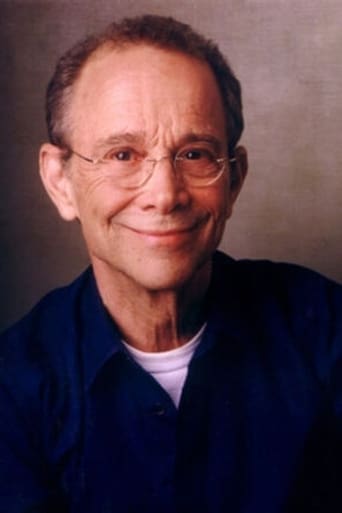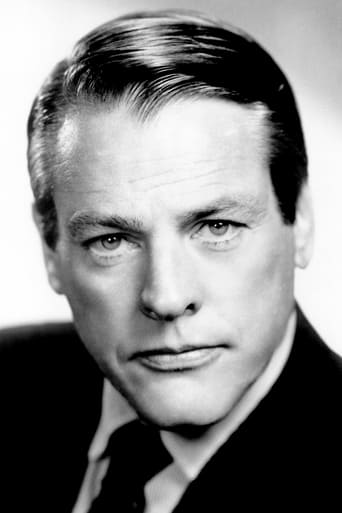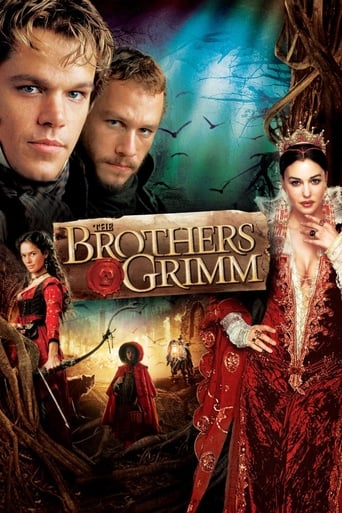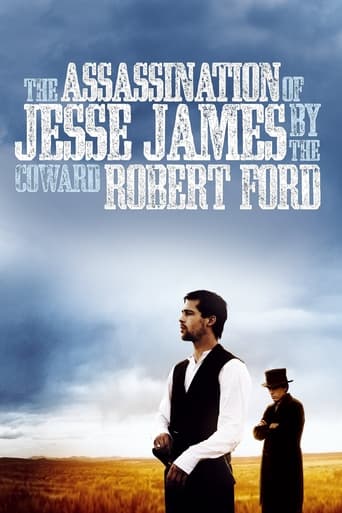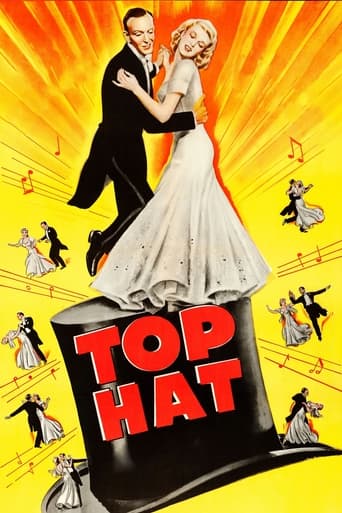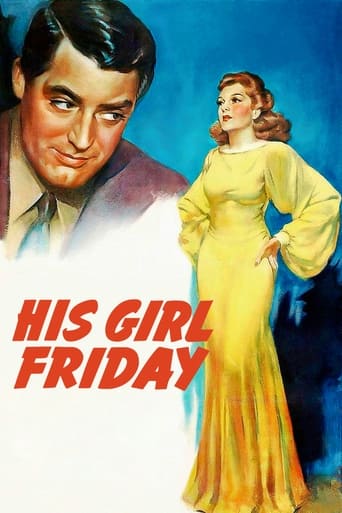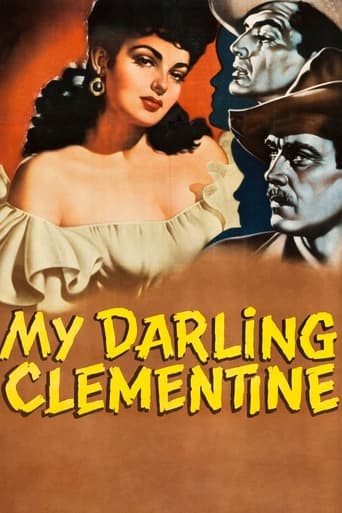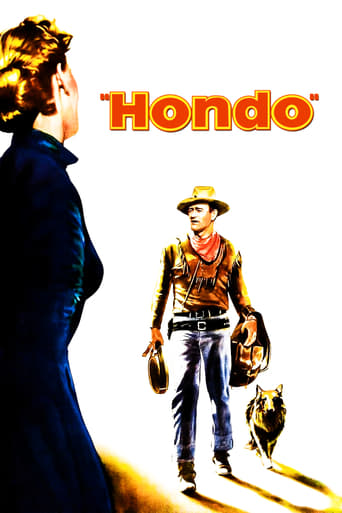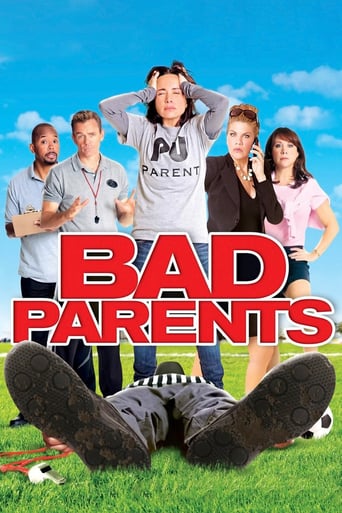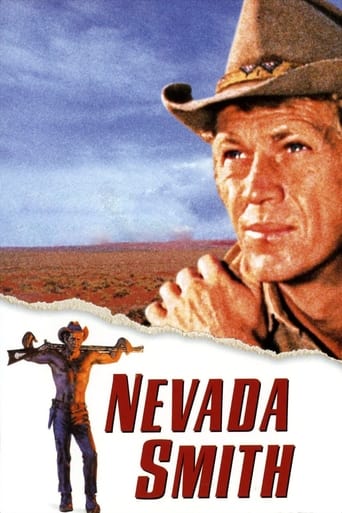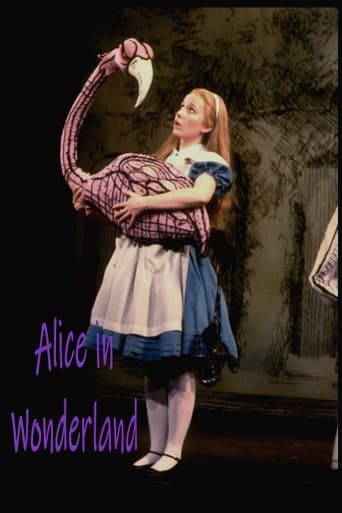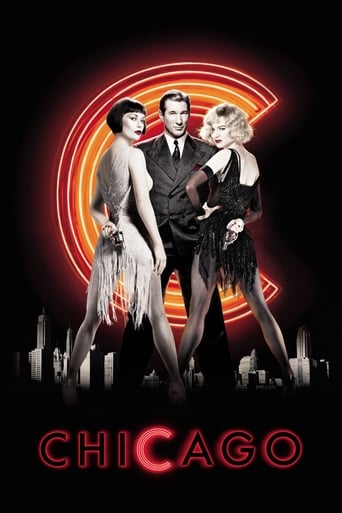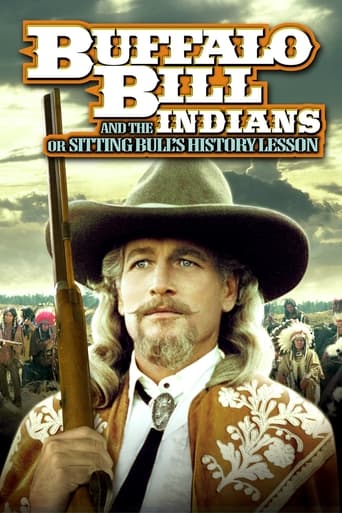
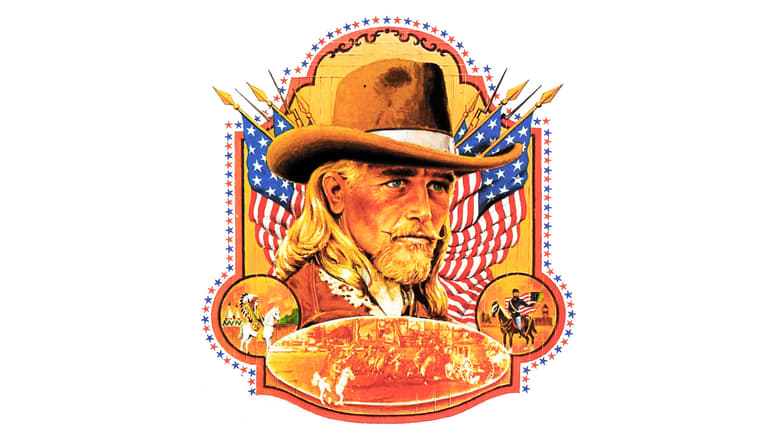
 Watch Now
Watch Now




Buffalo Bill and the Indians, or Sitting Bull's History Lesson (1976)
 Watch Now
Watch Now




Buffalo Bill plans to put on his own Wild West sideshow, and Chief Sitting Bull has agreed to appear in it. However, Sitting Bull has his own hidden agenda, involving the President and General Custer.
Watch Trailer
Cast


Similar titles
Reviews
Clever, believable, and super fun to watch. It totally has replay value.
Fanciful, disturbing, and wildly original, it announces the arrival of a fresh, bold voice in American cinema.
It is an exhilarating, distressing, funny and profound film, with one of the more memorable film scores in years,
Through painfully honest and emotional moments, the movie becomes irresistibly relatable
Robert Altman made great films, such as Nashville, The Player, and McCabe and Mrs. Miller. What defined these movies was a great and engaging script that kept the audience involved for the entire film. Such is not the case with Buffalo Bill And The Indians. It as if Altman was in too much of a rush to make this film, because he wanted to make a statement about Native American history. There were a lot of interesting bit roles in this film, but these characters were never developed very well. I felt robbed that not much time was devoted to explaining them a little more. Altman assumed that the audience understood that it was 1885 and the Wild West was now "tamed". That was clear, but still I feel that the film would have been much stronger if it began with a flashback to nine years before, explaining where each of these characters were at the time. That way we would have had more understanding for the points Altman was making. For example, it is hard to believe that the great actor from the Heche days, Burt Lancaster, was reduced to this engaging and enigmatic role, who waxing philosophically, but we have no idea who he is and how he relates to Buffalo Bill. This is the downside of this film. The script seems winding. There is a lot of dull time where one is just yawning and wondering when this movie will start going somewhere. Is that part of the point of the film? Altman never makes it clear. It is quite possible the point was that this town in the prairie had basically become filled with bored, opportunistic townies who sought significance even if it was tormenting someone by hanging him up on a rope and swinging him like a baby. In many ways this movie was uneven. For example, the ideas were brilliant. The idea was that Buffalo Bill was no longer the man he once was, but now just a money grubbing tool who made up myths and tales about his exploits. Buffalo Bill must have been a very handsome and engaging man in real life. He may well have been a great actor and promoter. You could not help like Buffalo Bill, and Paul Newman plays him brilliantly. Bill was also very childish, probably an alcoholic, who used to have infantile temper tantrums. The racial arrogance was also very clear. Buffalo Bill was very happy to exploit the myth that Native Americans were just 'savages who brutalized women'. It was a terrible moment when Sitting Bull tried to speak with President Cleveland and was rebuffed and treated with contempt. I also loved the ending. Buffalo Bill had this mad and crazed look, like now he was the great hero he never was. He now was beating and defeating Sitting Bull, which was a complete fabrication of history to promote white man's ego. I also loved how President Cleveland was just another part of the opportunism to seek significance from Buffalo Bill's mythology about how the West was really "tamed". Although he was "the Great White Father", he was mainly about finding a way to win re-election and defeat his opponents. There was another beautiful moment, where a woman sang an opera song, and the camera showed the various reactions of members of the audience. It was hard to determine whether they were awed by the beauty of her voice or bored. And that was a confusing moment for me, too. I did not quite get it. The whole movie was afraid to really state what it really wanted to state. There were great moments, but not enough to engage the audience and win it over.
The best part of "Buffalo Bill And The Indians, Or Sitting Bull's History Lesson" is the first ten to 15 minutes. We join a Wild West show rehearsal circa 1885, and watch as its staff work at creating a show that takes itself a little too seriously. The feeling of observing a real, living thing comes across, only a bit funnier than reality."Tell Joy not to get on the horse in back," mutters the show's MC, Salisbury (Joel Grey) regarding an actress playing a white woman abducted by Indians. "It looks fake. We're in the authentic business." Later, Salisbury shoots down a band's idea of real frontier music as "too Ukrainian."All this is easy to miss when so much is going on at once, while horses nearly run down a pedestrian in the foreground. This is a Robert Altman film, after all, or "Robert Altman's Absolutely Unique and Heroic Enterprise of Inimitable Lustre!" as it bills itself.As Jeff Lebowski might say, Altman's not into that whole brevity thing here. A two-hour extravaganza, "Buffalo Bill" stars Paul Newman as Bill and makes its points about how show business and American mythmaking became one with repetitive, haymaker swings. The end result is a comedy that's not that funny and a social statement that's not that convincing, but Altman's secret sauce of a busy camera and piquant performances makes for a pleasant if shapeless affair.Newman's something of a disappointment, giving less a performance than a caricature. I get the feeling he was directed by Altman to just play a slightly older and more pompous Hud with a goatee. He fills out Bill by drinking rotgut from a schooner, loving and spurning a succession of opera singers who never stop singing in frame, and watching over his stardom with a kind of prissy defensiveness that belies his self-cultivated frontier image. He can be a joy to watch still, working his eyes and playing to his mirror, maybe winking at the audience about what they expect from him as both Bill and Paul. If only he had better material."You ain't changed, Bill.""I ain't supposed to. That's why people pay to see me."There's also the business of his dealing with the Wild West Show's newest star attraction, Sitting Bull (Frank Kaquitts), which gives the story much of its social perspective. Bill thinks of Bull as an ungrateful pet who needs cultivation in "the show business," while Bull thinks Bill sells lies in the guise of history. Hence the "history lesson," which feels shoehorned in from a more socially committed source play. Altman wants to tell that story, but most times he'd rather have fun with the show-making part, and while you are watching this, you wish he'd cut loose and do just that.The film succeeds in short bursts, though the eccentric casting choices Altman throws at you here don't work as well as they did in his other films. Geraldine Chaplin as Annie Oakley? Harvey Keitel as Bill's nerdy nephew? Some Altman vets like Robert DoQui and Allan F. Nicholls are barely in the film while stars like Newman, Keitel, and Burt Lancaster get longer spotlight time. John Considine is fun as Annie's flinchy husband, "the handsomest human target in the West," though that running joke, like so many others, is plugged more times than one of Annie's nickels. I was impressed also by Kevin McCarthy's publicist character, not only for the juiciness of his grandiloquent performance but the magnitude of his handlebar mustache."Buffalo Bill" takes a lot of time saying a good deal less than it thinks. But the spectacle of "the show business" and the minor bits of Altman kookiness and sardonic commentary around the edges keep this a diverting if underfilling entertainment.
A great cast is wasted on this effort, a theme looking for a story to embody it. It's hard to fill ten lines describing this effort, since there really isn't much to describe. Newman does have a "mad scene." The problem is, Newman's mad scene doesn't evolve from anywhere due to the fixed nature of his character. Given the lack of a story and the fact that nothing climactic happens that actually offers any new insight to the characters or changes them from the way in which they were at the beginning, coming up with ten lines about this film is reminiscent of those papers assigned in grade school than were required to be "X" number of pages. But it looks as though I've finally made it.
A very weak Altman film, all the weaker because it came out the year after one of Altman's best works: "Nashville." "Buffalo Bill..." is one of the most savagely satiric films from a director known for savage satire. Unfortunately, it's also a one-joke film, whose joke is given away in the first five minutes, leaving the film nowhere to go. Paul Newman plays Buffalo Bill as a complete buffoon, surrounded by yes-men and lackeys. He practically buys ex-Indian chief Sitting Bull for his Wild West show, and what we suffer through is scene after scene of white men making asses of themselves while native American Indians nobly and quietly observe and judge them. It's two hours of smug finger pointing at oblivious Caucasians for raping and pillaging the American frontier.All of Altman's films have the feel of coming together in the editing room, and many times this approach to structure results in inspired moments, but "Buffalo Bill" feels even more than usual like a film without a center. There's no narrative thread to hold it together, so it has a wandering and monotonous quality. Also, it doesn't help that Altman's shooting style is uncharacteristically distant. There are virtually no close-ups in the entire picture, so scene after scene is photographed in medium and long shots. Both the screenplay and the camera keep us at a distance; as a result, we never become engaged in the action.A definitive misfire.Grade: C



